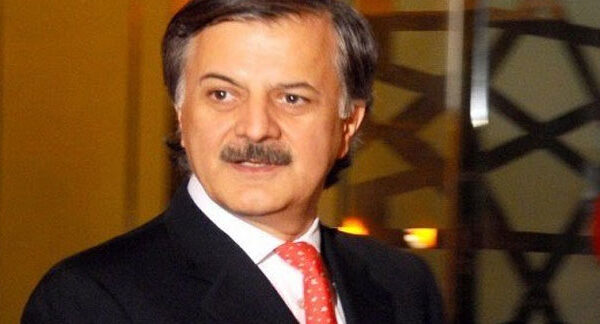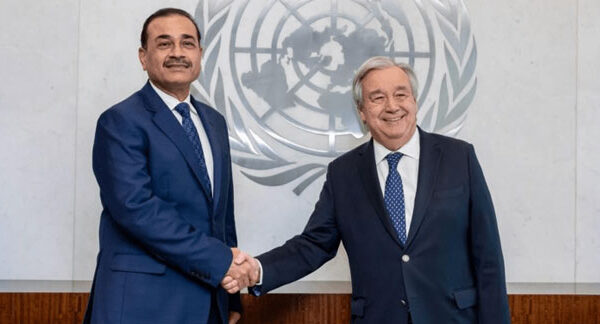Revolutionary Approach Punjab’s Bold Move with Artificial Rain to Tackle Smog
In a groundbreaking experiment, the caretaker Punjab government utilized artificial rain on Saturday to combat dangerously high levels of smog in Lahore.
Planes equipped with cloud-seeding technology were dispatched to 10 areas of the city, a region often ranked among the world’s most polluted. Caretaker Punjab Chief Minister Mohsin Naqvi credited the United Arab Emirates for providing the “gift.”
“Celebrating a groundbreaking moment in Lahore—the first-ever artificial rainfall to combat smog! Heartfelt thanks to the UAE government for their support, making our environment a priority without straining the provincial exchequer,” he shared on the social media platform X.
Teams from the UAE, along with two planes, arrived about 10 to 12 days ago and used 48 flares to induce rain, as Naqvi explained to the media. The effectiveness of this “artificial rain” was set to be assessed by the end of the day.
Naqvi emphasized the cooperation received from the federal government and its departments, with the Water and Sanitation Agency and Lahore Development Authority on high alert. He expressed hope that the Air Quality Index would improve due to the artificial rainfall and pledged to share the technique with other provinces after mastering it.
The UAE has increasingly employed cloud seeding, a form of weather modification involving the release of common salt into clouds, in countries facing arid conditions. This technique has been utilized in numerous nations, including the United States, China, and India, to bring about rainfall and mitigate air pollution.
Air pollution has escalated in Pakistan, with Lahore bearing the brunt of toxic smog during the winter season. PM2.5 pollutant levels in Lahore were measured as hazardous, exceeding World Health Organization limits by more than 66 times. Prolonged exposure to such pollution can lead to severe health issues, including strokes, heart disease, lung cancer, and respiratory diseases.
Various methods have been attempted to alleviate air pollution in Lahore, with limited success. When questioned about a long-term strategy, Chief Minister Naqvi highlighted the need for comprehensive studies to formulate an effective plan.








